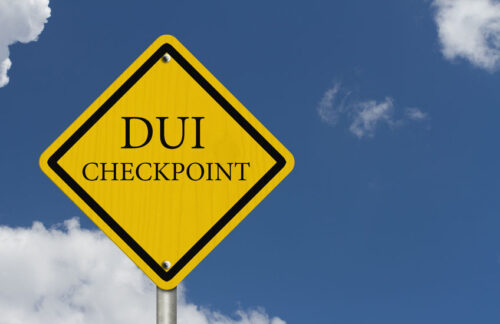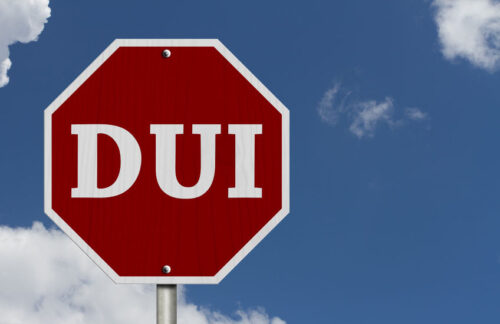Has an officer stopped you for suspicion of driving under the influence? The officer may have asked you to perform several field sobriety tests. These tests may have led the officer to ask you to submit a breathalyzer test. The South Carolina Implied Consent Law requires drivers to take a breath or other DUI/DWI test if an officer has reason to suspect driving under the influence. In other words, when you obtain a state driver’s license, you imply that you will agree to provide a DUI test upon an officer’s direction.
Archives
This is the Archives for UltraCar Insurance. Your source for SR22 & FR44 Insurance.



Non Owner SR22 Ohio
Non owner SR22 Ohio is a certificate you file with the Ohio BMV to reinstate your license. This type of high-risk insurance is for drivers who do not own a vehicle. Rather than attaching the SR22 certificate to an auto insurance policy, it is an endorsement to a non-owner’s insurance policy.
Non owner SR22 Ohio is a high risk insurance policy the state requires to reinstate your license after a suspension. It’s for drivers who do not own a vehicle.

Colorado DUI Laws
Because of the high potential for injury and death resulting from drinking and driving, Colorado DUI laws call for strong penalties for violations. DUI laws outline specifics of driving under the influence of alcohol and illegal or prescription drugs, and the penalties for first and subsequent violations. Many people may feel that they’re capable of driving safely after a drink or two, but it is never completely safe to drive after drinking, smoking marijuana or taking prescription drugs.
As in all states, Colorado DUI laws prohibit driving under the influence of alcohol or drugs and outline the consequences. DUI and DWI have the same meaning and effect in many states. But in Colorado, there is a difference between DUI and DWAI. DUI is driving under the influence of alcohol or drugs. DWAI stands for driving while ability impaired.

California DUI
When you have a California DUI or DWI violation, one of the penalties is license suspension for a specific time. You’ll need to file a California SR22 insurance certificate to obtain a restricted license to drive to and from work. The SR22 certificate is endorsed to an auto or non-owner insurance policy. You must work with a California-licensed insurance provider for an appropriate policy and certificate. California DUI insurance is available to vehicle owners and to those who don’t own a car.
The decision to drive after drinking is one that can negatively affect your personal and financial life. If an officer pulls you over and you don’t pass the sobriety test, state will charge you with a California DUI violation. Failing the test leads to suspension of your driver’s license. You’ll then have to go through an administrative hearing process for license reinstatement.
